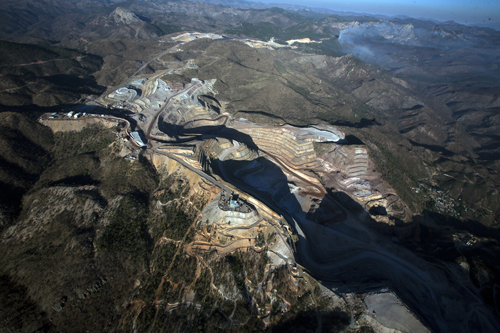
The MeerKAT RTA system will eventually form part of the larger SKA Phase 1 array, located in South Africa's Karoo region. The array is a technically advanced radio telescope designed to locate radio frequency signals coming from the furthest reaches of space, and hopefully look at the first stars and galaxies that were formed after the Big Bang.







 ReliableControls-Americas-Mining-Apr14-Bro-s.pdf
ReliableControls-Americas-Mining-Apr14-Bro-s.pdf



